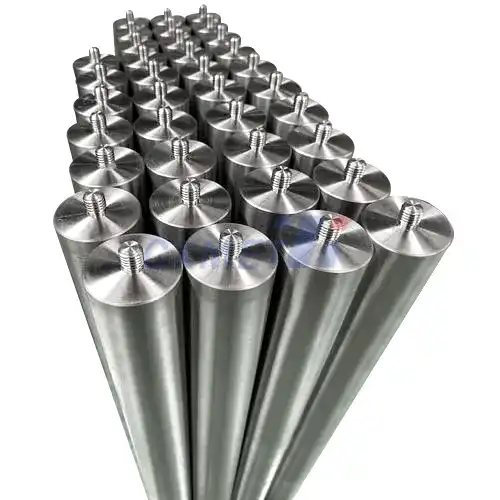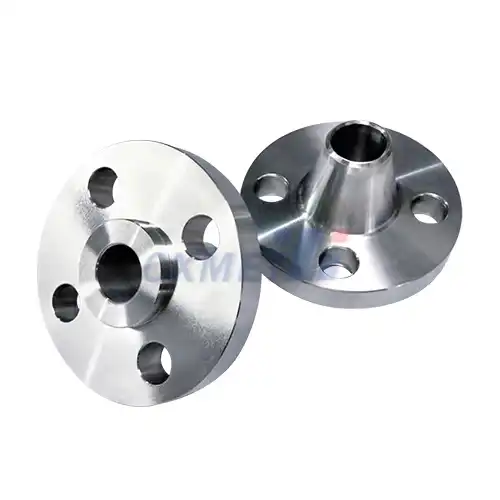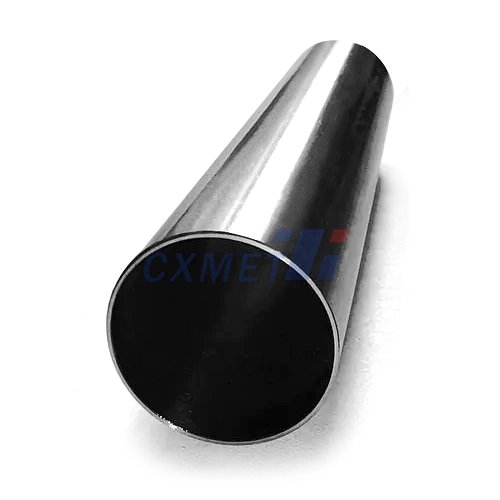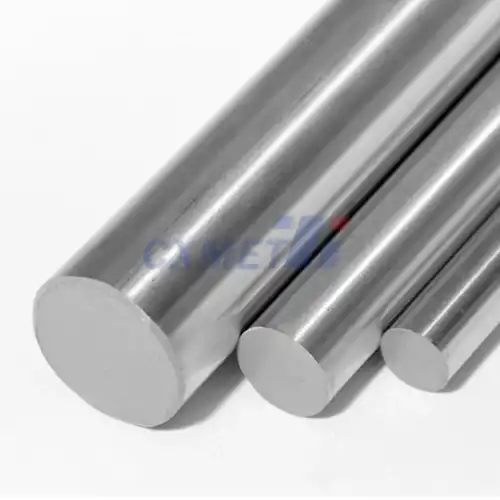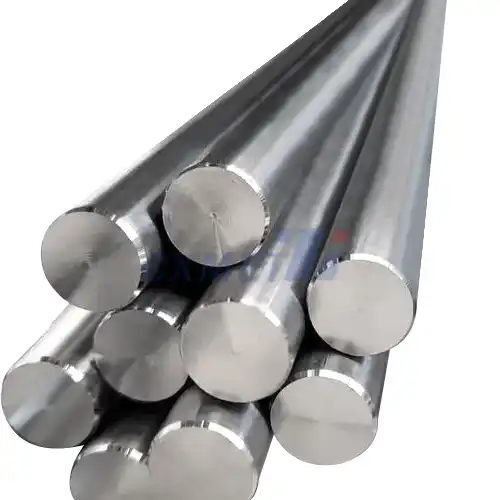- English
- French
- German
- Portuguese
- Spanish
- Russian
- Japanese
- Korean
- Arabic
- Greek
- German
- Turkish
- Italian
- Danish
- Romanian
- Indonesian
- Czech
- Afrikaans
- Swedish
- Polish
- Basque
- Catalan
- Esperanto
- Hindi
- Lao
- Albanian
- Amharic
- Armenian
- Azerbaijani
- Belarusian
- Bengali
- Bosnian
- Bulgarian
- Cebuano
- Chichewa
- Corsican
- Croatian
- Dutch
- Estonian
- Filipino
- Finnish
- Frisian
- Galician
- Georgian
- Gujarati
- Haitian
- Hausa
- Hawaiian
- Hebrew
- Hmong
- Hungarian
- Icelandic
- Igbo
- Javanese
- Kannada
- Kazakh
- Khmer
- Kurdish
- Kyrgyz
- Latin
- Latvian
- Lithuanian
- Luxembou..
- Macedonian
- Malagasy
- Malay
- Malayalam
- Maltese
- Maori
- Marathi
- Mongolian
- Burmese
- Nepali
- Norwegian
- Pashto
- Persian
- Punjabi
- Serbian
- Sesotho
- Sinhala
- Slovak
- Slovenian
- Somali
- Samoan
- Scots Gaelic
- Shona
- Sindhi
- Sundanese
- Swahili
- Tajik
- Tamil
- Telugu
- Thai
- Ukrainian
- Urdu
- Uzbek
- Vietnamese
- Welsh
- Xhosa
- Yiddish
- Yoruba
- Zulu
What is Grade 6 Titanium Bar Used For?
2025-02-05 15:14:36
Grade 6 Titanium Bar, also known as Ti-6Al-2Sn-4Zr-2Mo, is a high-strength alpha-beta titanium alloy that offers an excellent combination of strength, toughness, and corrosion resistance. This versatile material is widely used in various industries due to its unique properties and performance characteristics. Grade 6 Titanium Bar is particularly valued for its ability to maintain its strength at elevated temperatures, making it suitable for demanding applications in aerospace, automotive, and marine industries.
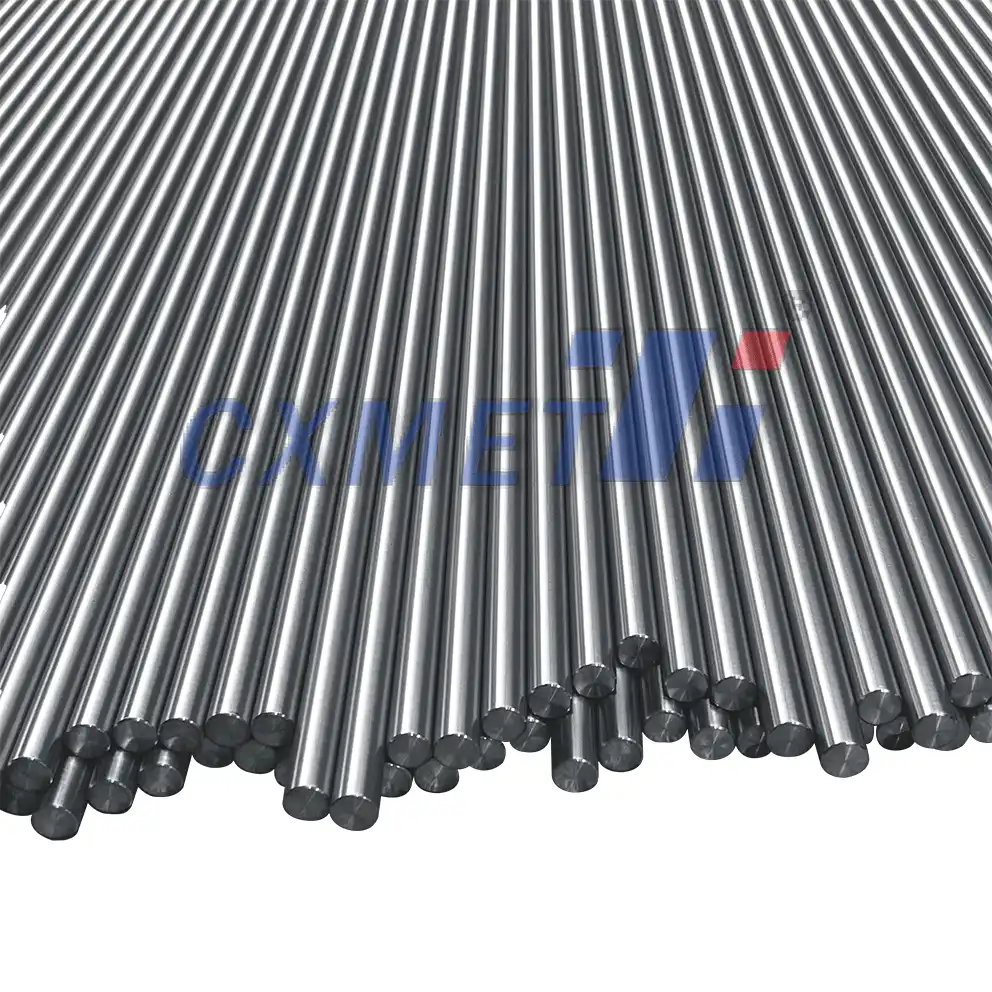
How does Grade 6 Titanium Bar compare to other titanium grades?
Grade 6 Titanium Bar stands out among other titanium grades due to its exceptional balance of properties. When compared to other popular titanium alloys, such as Grade 5 (Ti-6Al-4V) or Grade 2 (commercially pure titanium), Grade 6 offers several distinct advantages:
- Higher strength-to-weight ratio: Grade 6 Titanium Bar has a tensile strength ranging from 1030 to 1180 MPa, which is significantly higher than Grade 5 (895-1000 MPa) and Grade 2 (345-485 MPa). This makes it ideal for applications where weight reduction is crucial without compromising strength.
- Improved high-temperature performance: Grade 6 maintains its strength and creep resistance at temperatures up to 540°C (1000°F), outperforming many other titanium alloys in elevated temperature applications.
- Enhanced fatigue resistance: The unique composition of Grade 6 Titanium Bar results in superior fatigue strength, making it suitable for components subjected to cyclic loading and stress.
- Excellent corrosion resistance: Like other titanium alloys, Grade 6 offers exceptional resistance to corrosion in various environments, including seawater and many chemical solutions.
- Better weldability: Grade 6 Titanium Bar exhibits good weldability characteristics, allowing for easier fabrication and joining of components compared to some other high-strength titanium alloys.
These properties make Grade 6 Titanium Bar a preferred choice for applications requiring a combination of high strength, low weight, and excellent performance in demanding environments. Industries such as aerospace, defense, and motorsports often utilize Grade 6 Titanium Bar for critical components where reliability and performance are paramount.
What are the main applications of Grade 6 Titanium Bar in the aerospace industry?
The aerospace industry is one of the primary sectors that benefit from the exceptional properties of Grade 6 Titanium Bar. Its high strength-to-weight ratio, excellent fatigue resistance, and ability to withstand high temperatures make it an ideal material for various aircraft and spacecraft components. Some of the main applications of Grade 6 Titanium Bar in the aerospace industry include:
- Engine components: Grade 6 Titanium Bar is extensively used in the manufacturing of critical engine parts such as compressor blades, discs, and shafts. Its high-temperature strength and creep resistance make it suitable for components exposed to extreme conditions within jet engines.
- Structural elements: The material's high strength and low density make it an excellent choice for aircraft structural components, including wing spars, fuselage frames, and landing gear parts. These applications benefit from the weight savings offered by Grade 6 Titanium Bar without compromising structural integrity.
- Fasteners and fittings: High-strength fasteners, bolts, and fittings made from Grade 6 Titanium Bar are used in various aircraft assemblies, providing secure connections while minimizing weight.
- Hydraulic systems: The corrosion resistance and strength of Grade 6 Titanium Bar make it suitable for components in aircraft hydraulic systems, such as pump housings and actuator parts.
- Space vehicle components: In the space industry, Grade 6 Titanium Bar is used in the construction of spacecraft structures, propulsion systems, and other critical components that require high strength and low weight in extreme environments.
The use of Grade 6 Titanium Bar in these aerospace applications contributes to improved fuel efficiency, increased payload capacity, and enhanced overall performance of aircraft and spacecraft. Its ability to withstand the harsh conditions encountered during flight, including extreme temperatures and high stresses, makes it an invaluable material in the aerospace sector.
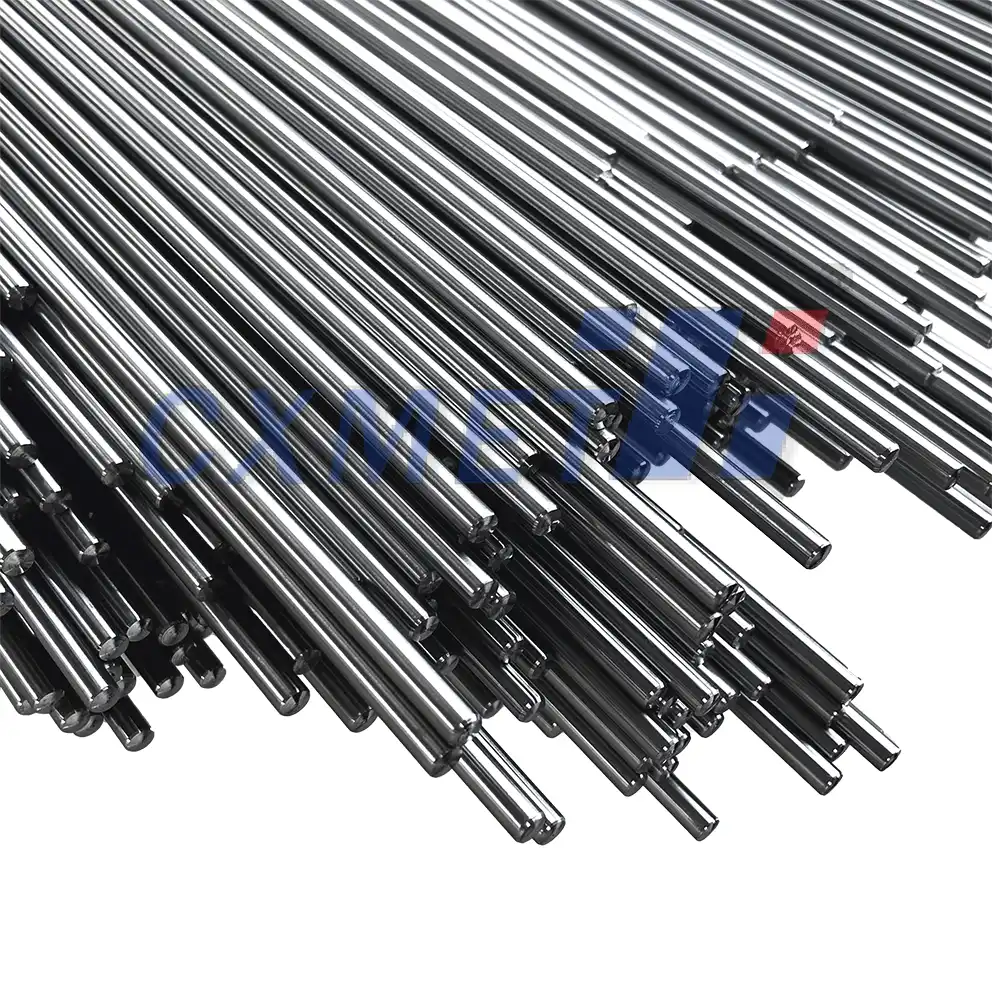
Can Grade 6 Titanium Bar be used in medical implants and prosthetics?
While Grade 6 Titanium Bar is primarily known for its applications in aerospace and industrial sectors, it also has potential uses in the medical field, particularly in the area of implants and prosthetics. However, it's important to note that Grade 5 Titanium (Ti-6Al-4V) is more commonly used in medical applications due to its established track record of biocompatibility and extensive research supporting its use in the human body.
That being said, Grade 6 Titanium Bar does possess properties that make it suitable for certain medical applications:
- Biocompatibility: Like other titanium alloys, Grade 6 is generally considered biocompatible, meaning it is not toxic to living tissues and is unlikely to cause adverse reactions when implanted in the body.
- High strength: The superior strength of Grade 6 Titanium Bar can be beneficial in load-bearing implants and prosthetics, potentially allowing for smaller or lighter components without compromising structural integrity.
- Corrosion resistance: The excellent corrosion resistance of Grade 6 Titanium Bar helps prevent degradation of implants in the body's physiological environment.
- Low modulus of elasticity: Compared to other metals used in implants, titanium alloys, including Grade 6, have a lower modulus of elasticity, which is closer to that of human bone. This property can help reduce stress shielding in orthopedic implants.
While these properties make Grade 6 Titanium Bar a potential candidate for medical applications, its use in implants and prosthetics is less common compared to Grade 5 Titanium. The medical industry tends to favor materials with extensive clinical data and long-term performance records. However, ongoing research and development in the field of biomaterials may lead to increased use of Grade 6 Titanium Bar in specialized medical applications in the future.
Some potential medical applications where Grade 6 Titanium Bar could be considered include:
- High-strength orthopedic implants: In cases where exceptional strength is required, such as in certain spinal implants or joint replacements subject to high loads.
- Dental implants: The high strength and corrosion resistance of Grade 6 Titanium Bar could be beneficial in dental applications, particularly for patients with specific needs or in cases requiring smaller implant sizes.
- Custom prosthetics: The material's properties could be advantageous in the development of specialized prosthetic limbs or components, especially in applications requiring high strength-to-weight ratios.
- Surgical instruments: While not an implant application, the strength and corrosion resistance of Grade 6 Titanium Bar make it suitable for manufacturing certain surgical tools and instruments.
It's important to note that any use of Grade 6 Titanium Bar in medical implants or prosthetics would require extensive testing, clinical trials, and regulatory approvals to ensure its safety and efficacy for long-term use in the human body. As research in biomaterials continues, we may see more specialized applications of Grade 6 Titanium Bar in the medical field, leveraging its unique properties to address specific clinical needs.
At SHAANXI CXMET TECHNOLOGY CO., LTD, we take pride in our extensive product range, which caters to diverse customer needs. Our company is equipped with outstanding production and processing capabilities, ensuring the high quality and precision of our products. We are committed to innovation and continuously strive to develop new products, keeping us at the forefront of our industry. With leading technological development capabilities, we are able to adapt and evolve in a rapidly changing market. Furthermore, we offer customized solutions to meet the specific requirements of our clients. If you are interested in our products or wish to learn more about the intricate details of our offerings, please do not hesitate to contact us at sales@cxmet.com. Our team is always ready to assist you.
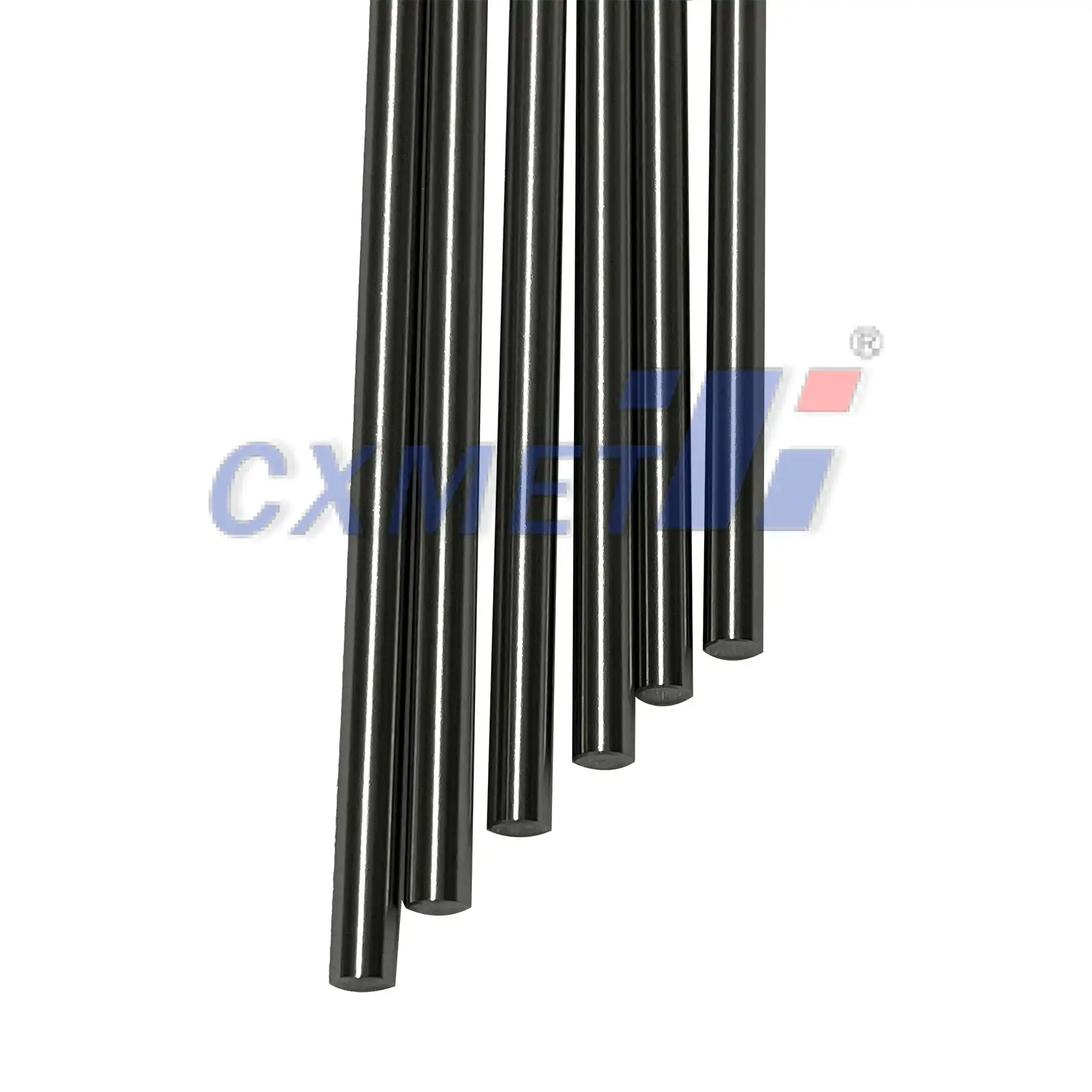
References
- ASM International. (2015). Titanium: A Technical Guide (2nd Edition).
- Boyer, R., Welsch, G., & Collings, E. W. (1994). Materials Properties Handbook: Titanium Alloys. ASM International.
- Donachie, M. J. (2000). Titanium: A Technical Guide (2nd Edition). ASM International.
- Froes, F. H. (2015). Titanium: Physical Metallurgy, Processing, and Applications. ASM International.
- Leyens, C., & Peters, M. (Eds.). (2003). Titanium and Titanium Alloys: Fundamentals and Applications. John Wiley & Sons.
- Lütjering, G., & Williams, J. C. (2007). Titanium (2nd Edition). Springer-Verlag Berlin Heidelberg.
- MatWeb. (n.d.). Titanium Ti-6Al-2Sn-4Zr-2Mo (Ti-6-2-4-2, Grade 6) Alloy.
- Peters, M., Kumpfert, J., Ward, C. H., & Leyens, C. (2003). Titanium Alloys for Aerospace Applications. Advanced Engineering Materials, 5(6), 419-427.
- Rack, H. J., & Qazi, J. I. (2006). Titanium alloys for biomedical applications. Materials Science and Engineering: C, 26(8), 1269-1277.
- Veiga, C., Davim, J. P., & Loureiro, A. J. R. (2012). Properties and applications of titanium alloys: A brief review. Reviews on Advanced Materials Science, 32(2), 133-148.
